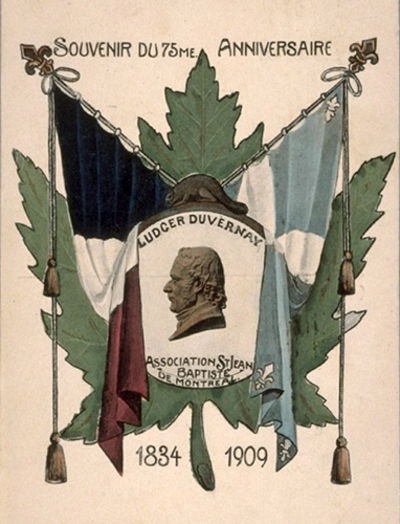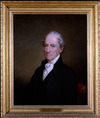Different Nationalisms

Source: Link
To stem the demands of imperialist nationalists, Prime Minister Sir Wilfrid LAURIER agreed to send 1,000 Canadian volunteers to fight alongside the British in the South African War (1899–1902). His decision satisfied some who were eager to support the mother country. Others thought it did not go far enough. And there were those who felt that Laurier had gone much too far. Among them was Liberal politician and journalist Henri BOURASSA, who was provoked into resigning his seat in the House of Commons [see The Prime Minister and External Relations]. Between 1902 and 1904 Bourassa articulated his own nationalist vision for Canada:
“He urged [French Canadians] to respect the double contract made with English Canadians in 1867: first, the national contract that declared French and English Canadians to be ‘partners with equal rights,’ and secondly, the political contract that had as its goal the unification of the scattered colonies of British North America.... Then he identified the distinctive characteristics of the French Canadian race that had to be safeguarded: the Catholic religion, central to everything, the French language, and the traditions, history, and institutions.... On 3 April 1904… he summed up his opinion: ‘The fatherland, for us, is Canada as a whole, that is to say a federation of distinct races and autonomous provinces. The nation ... is the Canadian nation, composed of French Canadians and English Canadians.’ This was the heart of his nationalist thinking.”
To learn more about the varieties of Canadian nationalism, see the following lists of biographies.





